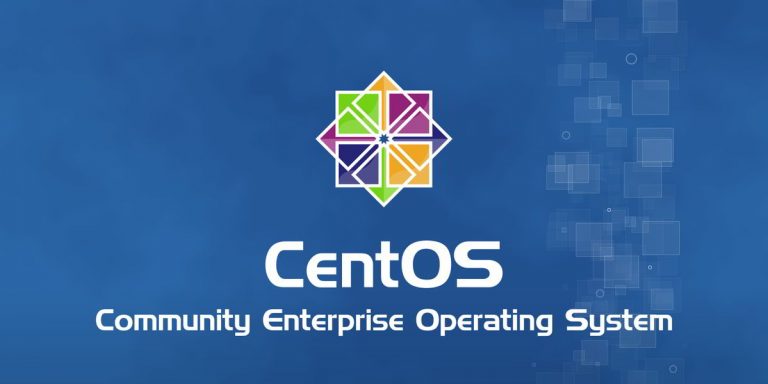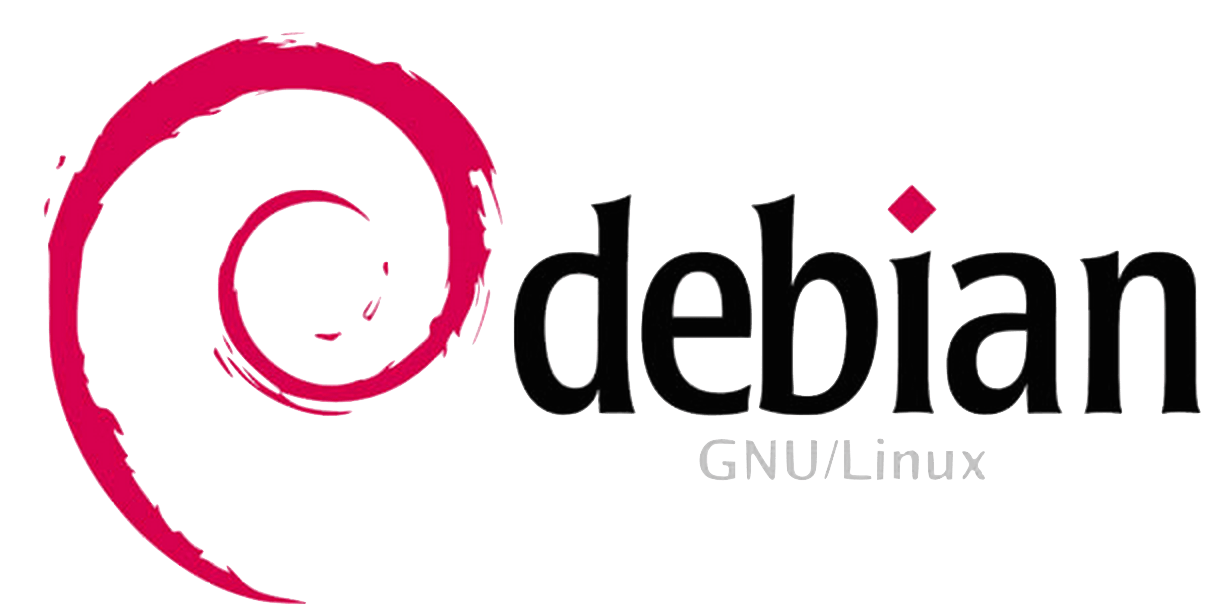CentOS vs. Debian
CentOS or Debian? Where Linux users are constantly in a challenge. Let’s solve it for once. To start using one of these two distributions, you need to have certain reasons. And the best way is to check the Main Differences Between CentOS and Debian. In this article, you will learn how CentOS and Debian are different in the points of their architecture, package management, upgrading, support, and more. In the end, you will be able to find which one suits your needs due to your priorities to work on your server. The next step is to purchase a Linux VPS to experience your winner distribution.
What is CentOS?
CentOS is a Linux distribution released in 2004 that provides a free and open-source community. It is compatible with its upstream source, Red Hat. Since Red Hat does not allow CentOS developers to be redistributed, Red Hat’s branding and logos are changed. However, they use the source code of Red Hat to create a final product very similar to RHEL. The community of CentOS provides official mailing lists, web forums, and chat rooms. If you are interested to read more details about CentOS, review the suggested article and come back here to go on.

What is Debian?
Known as Debian GNU/Linux, Debian is also a Linus distribution composed of free and open-source software. Established in 1993, Debian is the basis for many other distributions, such as Ubuntu. Debian is the upstream rebuild of the commercial Red Hat Enterprise Linux distribution. Because of having no commercial support, it is fully maintained by its users. Debian is stable, reliable, and secure. If you need to know more about what Debian is, have a look at the article and join us again to continue.

9 Main Differences Between CentOS and Debian?
When it comes to Linux distributions, we usually hear that they are so similar to each other. But in more professional discussions, differences will appear. To dive into this article, we are going to discuss the comparison of some options to clarify that they are not exactly the same. Stay with us to compare the main features of any distribution such as Architecture, Package Management, Filesystems, Kernel, Upgrading, and Support.
1- Architecture; CentOS vs. Debian
The first determinative factor in choosing a Linux distribution is the ”Architecture”, undoubtedly. The first step of choosing the right distribution is to check if it supports your considered architecture or not.
CentOS and Debian support AArch64/ARM64, armhf/armhfp , i386 , ppc64el/ppc64le, and x86_64/AMD64 in common.
Note: armhf/armhfp is supported by CentOS 7 exclusively.
Debian supports MIPSel, MIPS64el, Mips, armel, and s390x while CentOS does not. On the other hand, CentOS supports IA-32 and ARMv7hl systems, but Debian does not. Also, CentOS 7 supports POWER9 while Debian and CentOS 8 do not.
2- Usability; CentOS vs. Debian
CentOS and Debian have a GUI both. Beginners would not be so comfortable with Debian because a certain level of knowledge is necessary to handle its complexity of it. But professional users feel better using Debian since it allows them to customize it.
Again, newbies find CentOS difficult to use since there is no supportive community. But companies and web agencies, which are familiar with CentOS, prefer to use it.
3- Package Management; CentOS vs. Debian
CentOS and Debian both offer full-feature package management with similar features but different interfaces. They both are almost alike, but if you do not know about them completely, you may face issues while switching over. To explain more, CentOS uses the RPM package format and YUM/DNF as the package manager, and Debian uses the DEB package format and dpkg/APT as the package manager.
4- Community; CentOS vs. Debian
The community of CentOS is not the largest. The active community forum is available on the Project site. You may find many forums, but they are not official. So, finding a correct and prompt online guide could be more difficult than Debian.
Debian and its community are one of the oldest Linux distributions, but not the largest. Since Debian is complex, technical and active users are present in its community. Also, problem-solving has a faster speed because of volunteers, forums, and resource centers. To check the real situations of this community closer, you can browse the Debian Community.
5- Filesystemsl; CentOS vs. Debian
Conversely the ”Architecture”, the filesystem is not so determinative. Both CentOS and Debian support numerous filesystems like ext2/3, NFSv3/4, btrfs (Only supported by CentOS 7), SMB, GFS2, and more. If you are an XFS fan, you need to know that it is the CentOS default. EXT fans may prefer Debian but both of them are supported options for CentOS and Debian.
6- Release cycles; CentOS vs. Debian
Every two years, Debian releases a new version to offer security updates and fix bugs. So, most of the packages stay outdated until the next version release. Packages must be tested before being released into the Stable branch. The process would be slower while testing the Testing and Unstable branches. To use the new version, the system must be reinstalled or use a special update script.
It makes sense to say CentOS has a stable system for long-term projects. Because CentOS 5+ versions receive maintenance updates for 10 years and full updates for about 6 years. So, all security and software updates would be provided. As part of a usual system update, minor releases are installed automatically using the update manager. You will require specific tools in order to update to the subsequent version.
7- Kernel; CentOS vs. Debian
You do not need to be concerned about security because CentOS and Debian backport security fixes from newer kernels to their current kernels. Having Debian’s 4.19 kernel could bring you the support of the newest hardware or kernel feature. In this way, you will have the latest/greatest Linux kernel in your environment.
CentOS ships with kernel 3.10 (CentOS 7) or 4.18 (CentOS 8) but it does not have kernel-lt-5.4 and kernel-ml-5.10 packages available through 3rd party repos.
8- Upgrading; CentOS vs. Debian
Since CentOS almost supports only minor version supports not majors, Debian comes greater for its major version upgrades. But if you prefer to use CentOS, offline/parallel build upgrades between CentOS major releases are recommended for you.
On the other hand, Debian is capable to upgrade from one stable release to another. So, the systems could be up-to-date after many years. When it comes to upgrading major versions, if you prefer to deploy systems in a more ephemeral manner, it will not be useful since it is often relatively easy to update the base images to a newer version. But if you deploy systems that are expected to have a multi-year lifespan, upgrades of major versions would be satisfying to you.
9- Support; CentOS vs. Debian
Although Debian has no commercial support, a list of consultant mails is available to let users contact from all over the world. Having online documentation, Debian offers a bug tracker. Commercial support is available for some downstream Debian variants; Ubuntu is perhaps the most popular.
Red Hat submits the bug reports of CentOS users, and it is also supported by the community. Also, users are allowed to subscribe to CentOS third-party commercial support
Conclusion
In this article, we compared CentOS and Debian from a point of 9 views. If you are an advanced user, and you can support your system, both CentOS and Debian are suitable for you. But if you need commercial support, CentOS is what you need. Check how users contribute with CentOS if it helps you to ensure choosing it. Depending on your technical requirement, internal resources, and support options, use the best suitable distribution to not go wrong.
Related Article : What is Debian OS